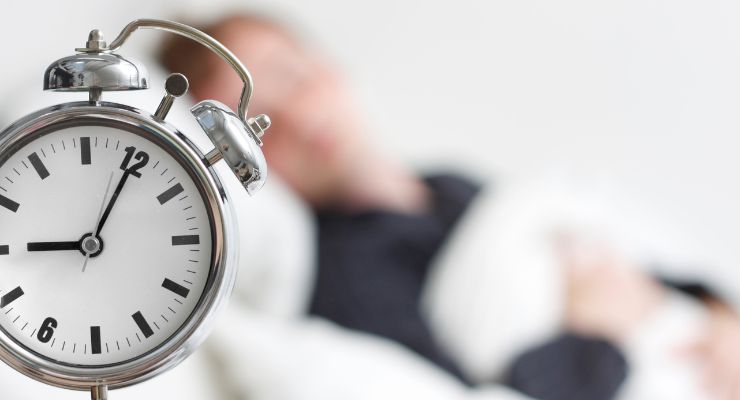11.01.23
Sleeproot, a low-dose, standardized valerian root extract manufactured by OmniActive Health Technologies may improve sleep and measures of mood, according to a new study published in Advances in Therapy.
The randomized, double-blind, placebo-controlled trial involving 72 healthy men and women between the ages of 21 and 48 with self-reported sleep issues. Over eight weeks, participants were administered either a placebo or 200 mg of the extract one hour before bedtime. The participants took part in regular study visits to monitor outcomes related to sleep quality and occasional anxiety.
Based on tests for sleep quality including the Pittsburgh Sleep Quality Index, Wrist Actigraphy, and Polysomnography, as well as the Beck Anxiety Index, those who took Sleeproot saw: significantly reduced sleep latency; significant increases in sleep duration and efficiency; lowered daytime sleepiness scores; self-reported feelings of waking up refreshed; and reductions in anxiety scores.
“These findings represent an innovative plant-based approach to managing occasional sleep and anxiety issues,” said Deshanie Rai, PhD, FACN, vice president of global scientific and regulatory affairs at OmniActive. “This study shows that Sleeproot, a low-dose valerian extract, at a two percent valerenic acid potency, can significantly improve aspects of sleep quality, as measured by validated quantitative and qualitative sleep methodologies.”
“These findings show that Sleeproot can offer a non-hormonal approach for those seeking to improve sleep quality and a natural way to manage occasional anxiety,” said Kratika Gupta, global marketing lead at OmniActive. “This ingredient’s unique benefits and safety profile positions Sleeproot as a perfect plant-based alternative to conventional interventions, catering to wellness companies that are seeking a comprehensive natural solution for sleep and anxiety concerns.”
The randomized, double-blind, placebo-controlled trial involving 72 healthy men and women between the ages of 21 and 48 with self-reported sleep issues. Over eight weeks, participants were administered either a placebo or 200 mg of the extract one hour before bedtime. The participants took part in regular study visits to monitor outcomes related to sleep quality and occasional anxiety.
Based on tests for sleep quality including the Pittsburgh Sleep Quality Index, Wrist Actigraphy, and Polysomnography, as well as the Beck Anxiety Index, those who took Sleeproot saw: significantly reduced sleep latency; significant increases in sleep duration and efficiency; lowered daytime sleepiness scores; self-reported feelings of waking up refreshed; and reductions in anxiety scores.
“These findings represent an innovative plant-based approach to managing occasional sleep and anxiety issues,” said Deshanie Rai, PhD, FACN, vice president of global scientific and regulatory affairs at OmniActive. “This study shows that Sleeproot, a low-dose valerian extract, at a two percent valerenic acid potency, can significantly improve aspects of sleep quality, as measured by validated quantitative and qualitative sleep methodologies.”
“These findings show that Sleeproot can offer a non-hormonal approach for those seeking to improve sleep quality and a natural way to manage occasional anxiety,” said Kratika Gupta, global marketing lead at OmniActive. “This ingredient’s unique benefits and safety profile positions Sleeproot as a perfect plant-based alternative to conventional interventions, catering to wellness companies that are seeking a comprehensive natural solution for sleep and anxiety concerns.”




























